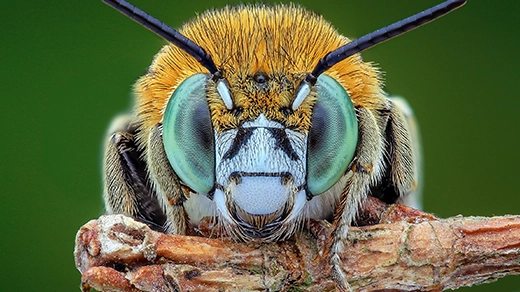What's up in
Neuroscience
Latest Articles
What Happens in a Mind That Can’t ‘See’ Mental Images
Neuroscience research into people with aphantasia, who don’t experience mental imagery, is revealing how imagination works and demonstrating the sweeping variety in our subjective experiences.
The Brainstem Fine-Tunes Inflammation Throughout the Body
The evolutionarily ancient part of the brain that controls breathing and heart rate also regulates the immune system — a discovery about the brain-body axis made by experts on taste.
The New Math of How Large-Scale Order Emerges
The puzzle of emergence asks how regularities emerge on macro scales out of uncountable constituent parts. A new framework has researchers hopeful that a solution is near.
Can Psychedelics Improve Mental Health?
Research suggests that psychedelic drugs can reopen critical periods of brain development to create opportunities for re-learning and psychological healing. In this episode, co-host Janna Levin speaks with Gül Dölen, a neuroscientist studying the therapeutic potential of psychedelic substances.
What Happens in the Brain to Cause Depression?
Drugs that target the neurotransmitter serotonin have long been prescribed to treat depression. Now the spotlight is turning to other aspects of brain chemistry. In this episode, the neuropharmacologist John Krystal shares findings that are overturning our understanding of depression.
Electric ‘Ripples’ in the Resting Brain Tag Memories for Storage
New experiments reveal how the brain chooses which memories to save and add credence to advice about the importance of rest.
Insects and Other Animals Have Consciousness, Experts Declare
A group of prominent biologists and philosophers announced a new consensus: There’s “a realistic possibility” that insects, octopuses, crustaceans, fish and other overlooked animals experience consciousness.
Pleasure or Pain? He Maps the Neural Circuits That Decide.
The work of the neuroscientist Ishmail Abdus-Saboor has opened up a world of insights into precisely how much pleasure and pain animals experience during different forms of touch.
Overexposure Distorted the Science of Mirror Neurons
After a decade out of the spotlight, the brain cells once alleged to explain empathy, autism and theory of mind are being refined and redefined.








